- Tags:
- Alcohol / Awamori / JAPAN Forward / Okinawa
Related Article
-
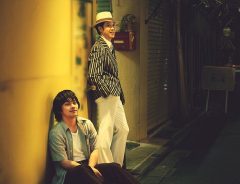
Netflix ‘Asakusa Kid’ Pays Tribute to Takeshi Kitano’s Mentor Senzaburo Fukami
-
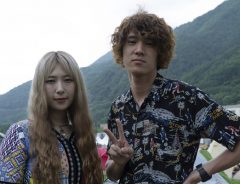
[FUJI ROCK 2019] Japanese Duo Glim Spanky Raise Their Game
-
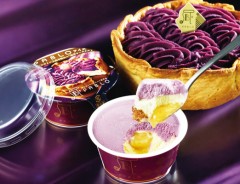
Okinawan Sweet Potato Ice Cream Cheese Tarts Look Like Purple Heaven
-

s**t kingz: This Japanese Dance Crew Wants the World to Sit Up and Watch
-
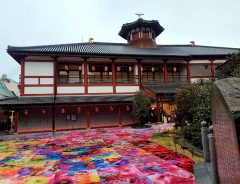
Dogo Onsen: Wrapped in History and Charm
-
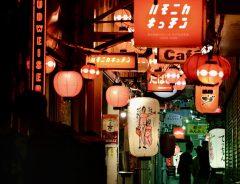
Visiting Tokyo? Check out the ultimate guide for izakaya hopping
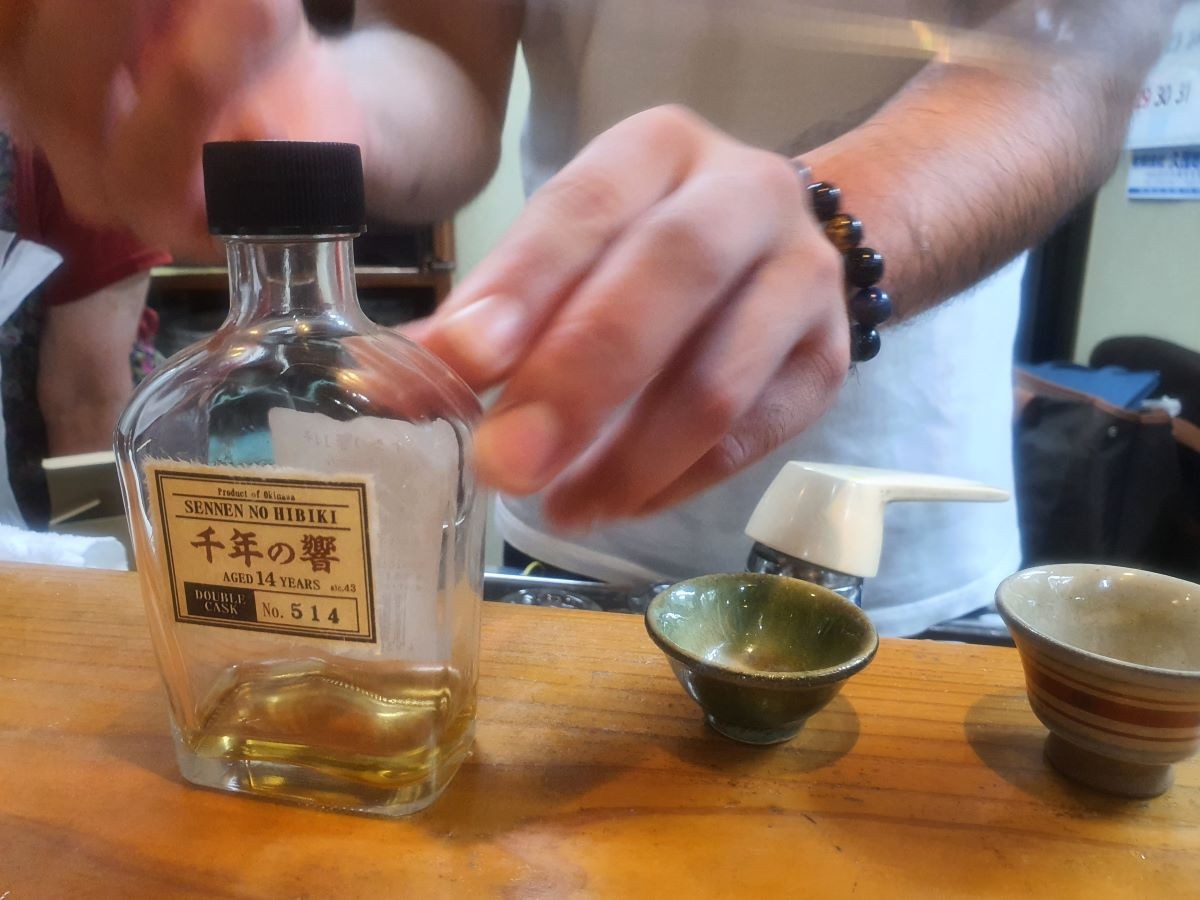


With more than 500 years of history as part of Okinawa’s unique culture, the liquor Awamori has evolved and found a loyal fan base in and outside of Okinawa.
Behind the counter sitting on wooden shelves are countless jars and over 800 bottles of Awamori. One of them has a dead snake coiled up in the bottom of the bottle. It is “Habushu“, the famous Okinawan snake wine.
Habushu, a variety of Awamori made with a dead snake coiled at the bottom of the bottle. (Photo by Agnes Tandler)
Opinions about the alcoholic snake drink tend to differ. “It’s not very delicious,” warns Hiro, a high school teacher from Naha. When he was a child, Hiro was bitten by one of the island’s poisonous snakes and had to be taken to hospital for treatment. He survived, but has since been stuck with the nickname “Habu.”
The fate of the pit viper who bit him is less clear. Did it end up in a bottle of Awamori? “Possibly,” Hiro says and laughs.
Awamori Soko (Photo by Agnes Tandler)
Dead Snakes
While the dead snake looks on, Koji Higa puts a huge glass container of Awamori with mint, bitter gourd and lemon on the table. It’s an easy going, refreshing sangria type drink. The 36-year old, who runs Awamori Soko, a bar in the center of Naha, is passionate about the local spirit.
“We need to drink Awamori to be happy”, he explains. When he is off duty, Higa wears a LA Dodgers ’47 baseball cap that has nothing to do with baseball: “LA stands for Love Awamori,” he says cheekily and points to his black cap. “And 47 stands for the number of Awamori distilleries in Okinawa.”
Awamori is part of Okinawa’s unique culture. 50 years after the island reverted back from United States rule to being part of Japan, the drink has not lost any of its popularity on Japan’s southernmost main island. But people like Higa hope for more.
“First Japanese whisky went global. Now sake is becoming popular abroad. I hope Awamori is next,” he says.
Okinawa’s local spirit counts as the oldest distilled alcoholic drink in Japan. It is served in tiny ceramic cups. “We like to sit close together, that is why the cups are small,” explains Hiro. And there is doubt about this.
At the Awamori bar people are already raising their tiny Awamori cups like old friends reunited after a long absence. While the rest of Japan sticks to kampai (“empty the glass”) Okinawans prefer their own cheers: “Karee,” which means “I wish you lots of happiness” in Okinawan dialect.
Written by Japan ForwardThe continuation of this article can be read on the "Japan Forward" site.
Okinawa’s Awamori: The Spirit That Survived